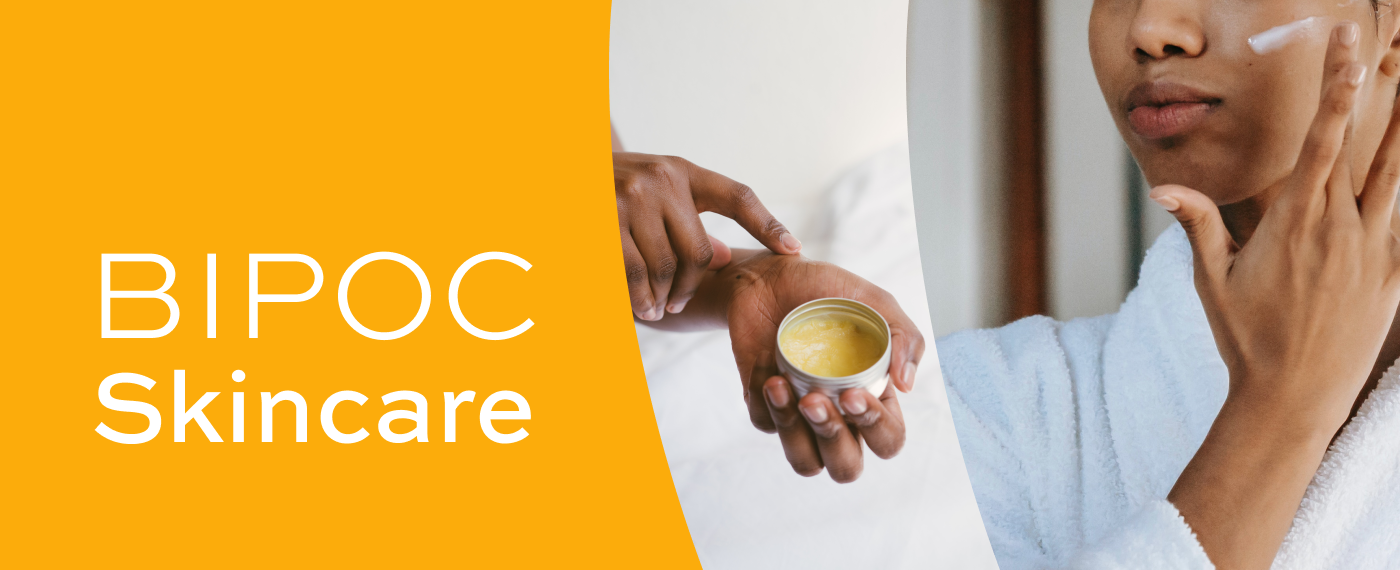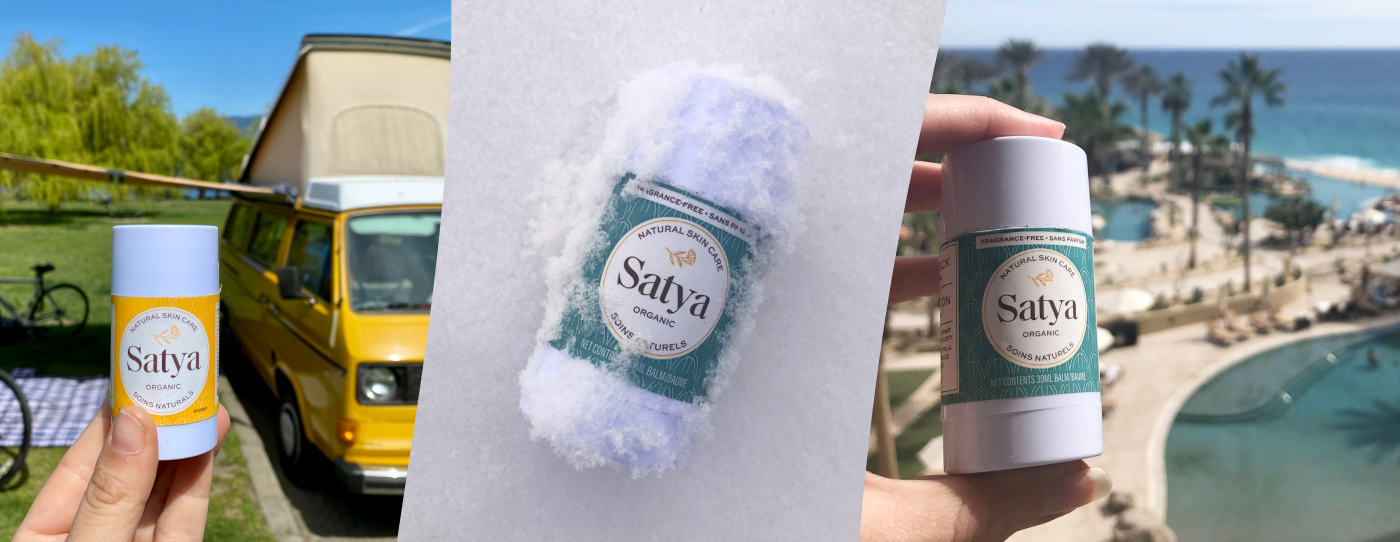Personal care and skincare are a crucial aspect of self-care and overall health for people of all ages and ethnicities. However, for people in the Black, Indigenous and People of Colour (BIPOC) communities, finding inclusive and diverse skincare products or routines can be a challenge. This challenge is further intensified by a lack of representation in advertising and the skincare and beauty industry as a whole.
Hyperpigmentation
One of the main challenges faced by people with BIPOC skin is hyperpigmentation or dark spots caused by acne scars or sun damage. Fortunately, there are many products available in the market that are tested and proven to work well for BIPOC skin. These include vitamin C serums, retinoids, and chemical exfoliants. Moreover, natural ingredients like lemon juice, honey, and green tea can be used in DIY solutions, to help reduce hyperpigmentation and provide other benefits to the skin.
Dry Skin
Another issue that many with BIPOC skin deal with is dryness and sensitivity. Dry skin occurs when the skin is not able to retain moisture properly, which can happen for various reasons. One of the root causes of dry skin is a lack of sebum, the natural oil produced by our skin's sebaceous glands. For individuals with darker skin tones, these glands tend to be less active, leading to less sebum production and drier skin. Furthermore, melanin, which gives skin its color, also regulates moisture in the skin. Darker skin tones have more melanin, which means the skin naturally loses moisture at a slower rate than lighter skin tones. However, this does not mean that darker skin is immune to dryness or that lighter skin is more prone to it. Several external factors, such as weather or irritants, can exacerbate dry skin, regardless of skin color.
Eczema in BIPOC populations
Here's what MULTI has to say about Eczema in BIPOC Communities:
Satya is a proudly BIPOC owned business, and our products are developed for all skin types. We highly recommend for people with dry or sensitive skin to use the Satya Multi-Use formula as it can be incredibly helpful for moisture retention. Our fan favourite Eczema Relief formula is steroid-free, all-natural, and effective for instant eczema relief and promotes healing. We want you to feel proud of the skin you’re in, and empowered by what you put on it!
References:
- McKinsey.com
- Kzoo.edu
- Nature.com
- Digitalcommons.wku.edu
- Connect.in-cosmetics.com
- Allure.com
- Wellandgood.com
- Researchgate.net
- Clarkstonconsulting.com



